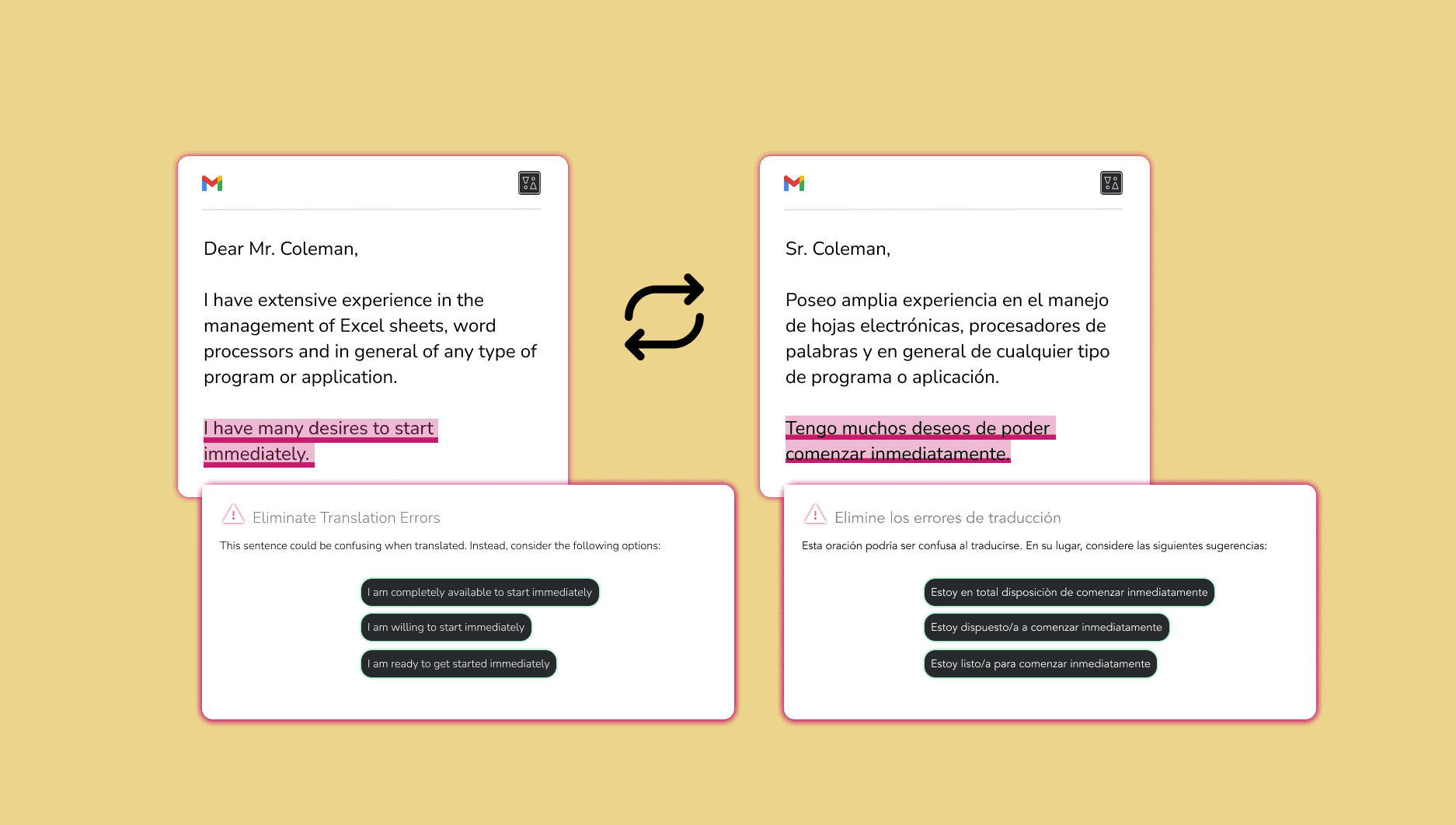As the entire entrepreneurial and startup ecosystem knows, Y Combinator is one of the most recognized acceleration programs in Silicon Valley. Founded in 2005 by investors Paul Graham, Jessica Livingston, Trevor Blackwell and Robert Tappan Morris, YC gives startup financing to promising new companies. They also provide the advice they need to accelerate their business ideas.
The YC program takes place only twice a year, and they select groups over two periods: from January to March (called The Winter Batch) and from June to August (The Summer Batch).
With its headquarters in Mountain View, California, this company has supported more than 2,000 companies and collaborated with more than 4,000 founders. Companies that have gone through YC’s acceleration and investment process include Stripe, Airbnb, Coinbase, Twitch and Reddit.
March is an important month for YC because on the 29th and 30th it will present its 34th Demo Day. Here, it will present Batch W22, which includes founders from 43 countries as well as new companies of all sectors; specifically highlighting fintech, B2B SaaS, Web3, consumer, healthcare and technology.
The New Rules of the Game
The accelerator announced in January 2022 that it had updated its new terms, providing participating companies a larger amount of money. YC will now be investing US$500k in batch startups.
The money comes in two forms: first, the well-known equity deal worth US$125k in exchange for 7% of the company. The group will now also offer US$375k in the form of an uncapped SAFE note; that is, a simple agreement for future actions. Both investments are made at the same time and are not dependent on the accelerated company achieving any specific goal.
Latin American Startups Within Y Combinator’s W22 Batch
A total of 26 Latin American startups have been accepted into Y Combinator’s W22 batch. The sectors that stand out the most are SaaS, Fintech, Proptech and e-commerce.
Argentina
- 1. Digiventures
Digiventures helps banks and credit unions in Latin America to offer a fully digital loan application process. The SaaS platform collects data from users with superior UX as well as from open banking sources, generating a case management tool that helps assess requests and thus easily onboard customers.
Approaches: B2B, SaaS, Fintech.
- 2. Celeri
Celeri is a RegTech that helps financial companies grow their operations without giving up their compliance requirements. It creates SaaS tools to simplify KYC and AML processes, as well as tracking regulatory obligations.
Approaches: B2B, SaaS, Fintech.
- 3. Wibond
Wibond is a 100% flexible digital payment method that allows the user to pay in installments and without a card. They provide financial access to a large community of people offering payment options according to their possibilities and profile.
Approaches: Buy now pay later (BNPL), Fintech, Banking as a Service.
Brasil
- 4. Pantore
Pantore is a startup originally from São Paulo. They seeks to shorten the ingredient supply chain by connecting restaurants directly with wholesalers and food manufacturers, thus helping them save thousands of dollars each month.
Approaches: Marketplace
- 5. Vobi
Vobi is a project management platform for small construction companies, such as those focused on home remodeling, contractors, architects and interior designers. Thanks to Vobi, these companies help save up to 50% of the time they spend on manual work, especially in the procurement and estimation processes.
Approaches: Construction, SaaS and marketplace.
- 6. BotCity
BotCity is an automation platform for developers to build and manage automations on any platform (such as desktop, web, legacy, black screen or PDF files), even if no APIs are available. The automation startup announced a $15 million reais seed round from Astella Investimentos and SoftBank Latin America Fund.
Approaches: Automation and developer tools.
- 7. Lexter.Ai
Lexter is a platform that automates all the tasks related to the signing of contracts. This AI-based legal assistant fully drafts and reviews contracts, manages workflow and streamlines signing.
Approaches: Legaltech
- 8. Compra Rápida
Compra Rápida allows customers who have never bought from your site to have the same experience as a previous customer, without registering. Its registration process is 52% faster than the standard, using only the essential data for the purchase.
Approaches: E-commerce, fintech and B2B.
Chile
- 9. Philippo
Philippo is building the first proptech platform in LatAm that provides liquidity to home equity. Through a sale and leaseback transaction, Philippo enables homeowners to access their real estate equity before selling their property on the market. They can thus avoid price discounts and eliminate the pain of moving twice and/or losing their loved one’s dream home.
Approaches: Fintech and proptech.
- 10. Cardda
Cardda allows companies to contract different online services that require a credit card, but by transfer and with an invoice. In addition, it facilitates local interbank transactions by automating them with an API.
Approaches: API and Payments
Colombia
- 11. Mono
Mono offers a corporate bank account that integrates with accounting, tax and payroll systems. Therefore, they allow SME owners in Latin America to manage their businesses all in one place. Through your virtual business card you can pay for all online services with business money instead of with personal cards.
Approaches: Fintech
- 12. Vecindario
Vecindario is a platform to buy housing in Latin America. It integrates the real estate ecosystem with its technology through digital sales, inventory management, payments, mortgages and open APIs in order to connect you to various platforms.
Approaches: Fintech, SaaS, proptech
- 13. Hippo.Build
The Bogotá-based company offers back office software and automation solutions for the construction sector. Hippo.Build connects with financial institutions, material service providers and other markets in order to distribute their products to the SME construction market.
Approaches: Construction
- 14. HoyTrabajas
HoyTrabajas is a CV exchange platform for candidates, employers and recruiters. They give people access to low-skilled jobs in Latin American markets, allowing recruiters to share real-time job seekers and vacancies, as well as supporting SMEs in hiring.
Approaches: B2B
- 15. acasa
acasa is one of the first “Buy Before You Sell” accessory technology companies in Latin America (like Knock, Orchard, Fly Homes and Homeward in the US). It makes it easy for homeowners to purchase a new home before selling their old one. The company pays the down payment, underwrites the new mortgage and arranges to sell the old house.
Approaches: Fintech and proptech
- 16. Trébol
Trébol is a must-have data API for B2B finance providers. They build authorization workflows and secure connections with multiple financial platforms (payment, commerce, tax, accounting). They then standardize this data and distribute it through a universal API.
Approaches: B2B
- 17. Selia
Selia connects people in Latin America with certified mental health professionals for video and in-person consultations. They offer services such as individual therapy, couples therapy and counselling.
Approaches: Telemedicine, Mental Health Tech and Consumer Health Services
México
- 18. Lizza
Lizza is a Mexican startup originally from Guadalajara, Jalisco. It is creating an application for social e-commerce (s-commerce) entrepreneurs in Latin America, which allows them to sell and resell products directly on social channels without any initial investment.
Approaches: SaaS, e-commerce and marketplace.
- 19. Alima
Alima is simplifying the way companies purchase products in the region. It provides a complete sourcing service with a platform to manage expenses, plan your purchase orders and select your products in one place.
Approaches: Logistics and B2B.
- 20. Clupp
Clupp is a digital insurer. It makes plans in subscription, as well as dynamic prices based on how and how much a person drives. To achieve this, it uses AI and big data for data collection. It offers up to 40% lower prices and its target market is the 15% of the population who are drivers with low mileage or have good driving habits.
Approaches: Insurance and fintech.
- 21. Shuttle Central
Originally from Cancun, Quintana Roo, Shuttle Central is an API for travel companies. It sells airport transfers, offers car rentals and ferries, and at the same time it helps travel companies increase their profits by up to 15% per transaction.
Approaches: Travel, B2B and marketplace.
- 22. Actipulse Neuroscience
Actipulse Neuroscience is a neuro-technology company specialized in the research, development and engineering of non-invasive brain stimulation technologies for the treatment of major depressive disorder and neurodegenerative disorders.
Approaches: Healthtech, medical devices and neurotechnology.
- 23. Kapital
Kapital is a fintech that offers a digital card and app for users and businesses. One of its main hallmarks is that the card is made from recycled plastic and the app allows the user to know how many carbon dioxide emissions they are generating with what they consume.
Approaches: Fintech, crypto, design tools.
Panamá
- 24. PayCaddy
PayCaddy allows Latin American companies to launch financial products with a platform based on APIs. Instead of building fintech from scratch or dealing with a legacy bank, businesses can use PayCaddy to open digital wallets with KYC checks, process online payments and issue personalized debit and prepaid cards to customers or employees.
Approaches: Fintech and B2B.
- 25. Munily
Munily is software that interconnects administrators, guards, residents and guests to provide security and community communication solutions.
Approaches: Proptech.
Perú
- 26. GoJom
GoJom is a one stop shop for real estate solutions. Its technology creates a faster and easier way to buy, sell and rent properties in LatAm.
Approaches: Fintech and Proptech.
You may also be interested in: Colombian Hippo.Build enters Y Combinator






